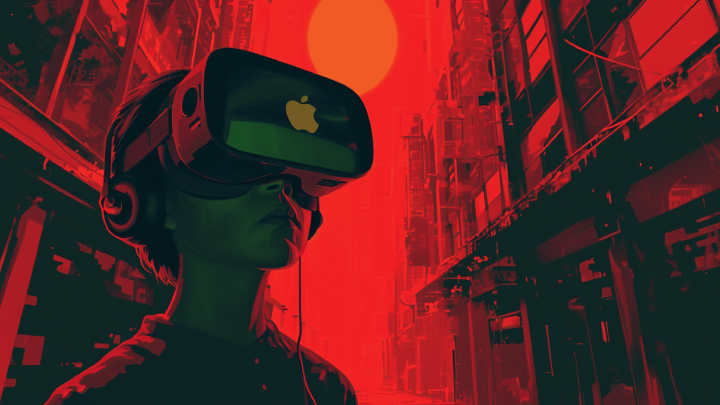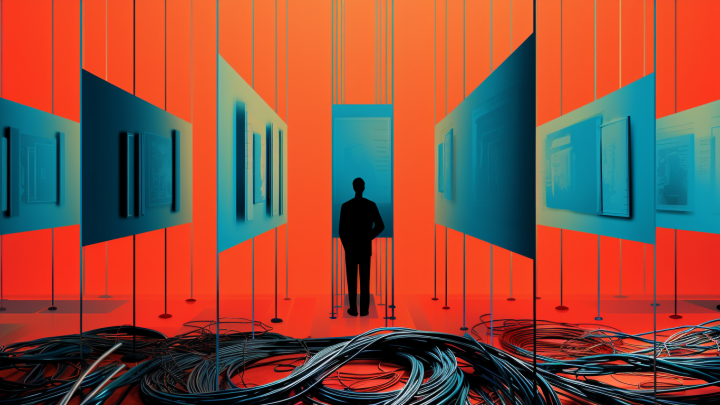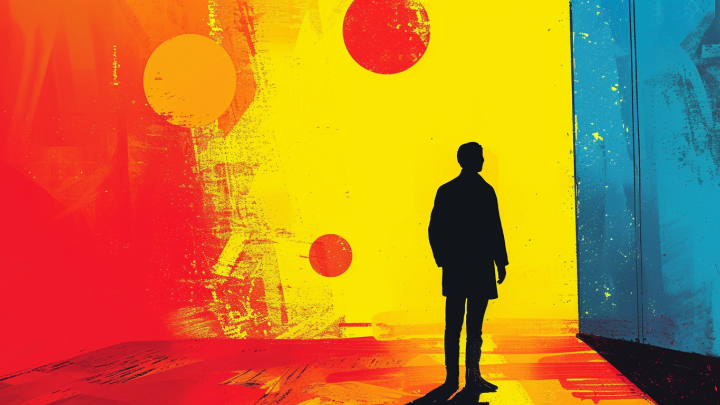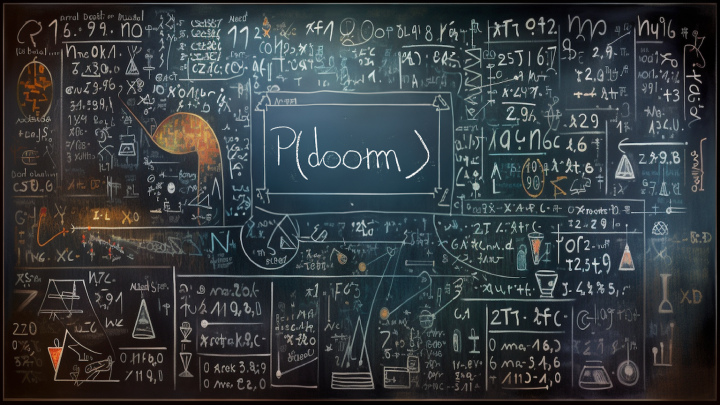No lecture. No readings. Just Conversation.
This series is an opportunity for students across disciplines to meet and talk about timely and engaging technology-related topics.
Come share your thoughts with us!
Free pizza is provided.
No lecture. No readings. Just Conversation.
This series is an opportunity for students across disciplines to meet and talk about timely and engaging technology-related topics.
Come share your thoughts with us!
Free pizza is provided.





